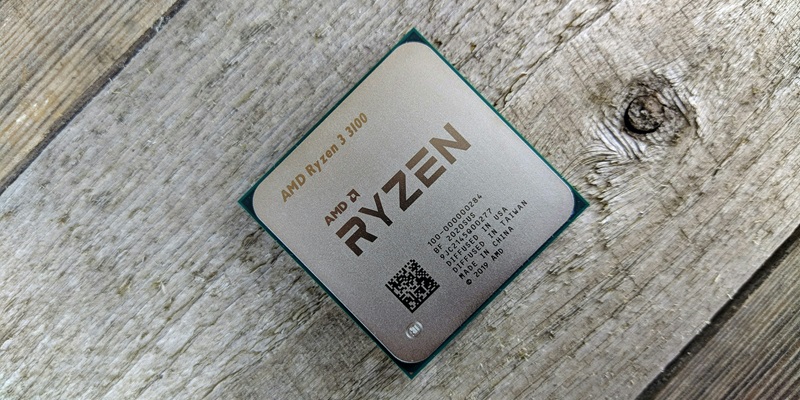Anticipation for Intel’s Arrow Lake series is reaching a peak as the Core Ultra 9 285K, revealed on Geekbench, gears up for its October 10 launch. The processor, featuring a unique 24-core configuration split between 8 performance cores and 16 efficiency cores, demonstrates real promise with a maximum boost clock of 5.7 GHz. It was benchmarked on a high-end Z890 Asus ROG Strix motherboard outfitted with 64 GB of DDR5-6400 memory. Impressively, the Core Ultra 9 285K achieved single-core and multi-core scores of 3,449 and 23,024, respectively, in Geekbench 6.3 testing, showcasing incremental advancements over its predecessors.
While the Core Ultra 9 285K shows definite progress, the improvements are modest when compared to the Core i9-14900K. Its predecessor scored 3,243 in single-core and 21,397 in multi-core tests, marking a 3% enhancement in single-core and a 7% boost in multi-core performance for the new chip. Despite these gains, the absence of hyperthreading could be a limiting factor for the Ultra 9 285K’s performance, potentially hindering significant leaps. It is, however, expected that the final product will see further optimizations through BIOS updates as the launch date nears.
AMD Ryzen 9 9950X Competition
Excitement is building for Intel’s upcoming Arrow Lake series as the Core Ultra 9 285K, spotted on Geekbench, readies for its October 10 launch. This processor boasts a unique 24-core setup with 8 performance cores and 16 efficiency cores, and it promises impressive performance with a max boost clock of 5.7 GHz. Tested on a high-end Z890 Asus ROG Strix motherboard equipped with 64 GB of DDR5-6400 memory, the Core Ultra 9 285K delivered notable Geekbench 6.3 scores of 3,449 for single-core and 23,024 for multi-core, indicating step-by-step improvements over previous models.
Although the Core Ultra 9 285K represents progress, its gains are relatively modest compared to the Core i9-14900K. The earlier model scored 3,243 for single-core and 21,397 for multi-core, showing a 3% improvement in single-core and a 7% boost in multi-core performance for the new chip. One potential drawback for the Ultra 9 285K is the lack of hyperthreading, which might restrict its performance potential. However, it’s anticipated that further refinements via BIOS updates will enhance the final product as the launch date approaches.

